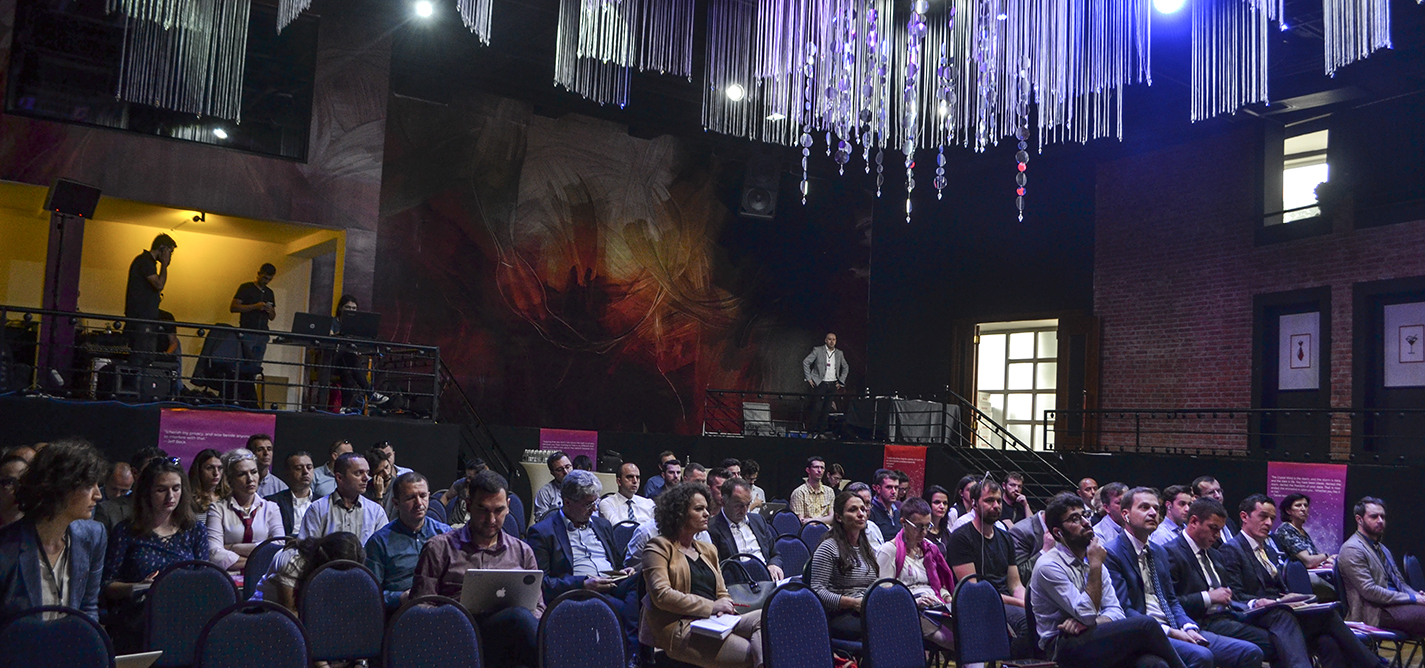
Prishtina debates digital rights
Conference highlights issues surrounding data privacy and exploitation.
Without strong data protection laws, personal data becomes prone to misuse and abuse not only by private companies seeking to make profit off of customer data, but also by governments and police forces.

Lorina Hoxha
Lorina Hoxha is an urban strategist currently based in Tirana. She holds a Master’s degree in Urban Sociology from the University of Amsterdam. Lorina was previously engaged as an editorial intern at K2.0.
This story was originally written in English.